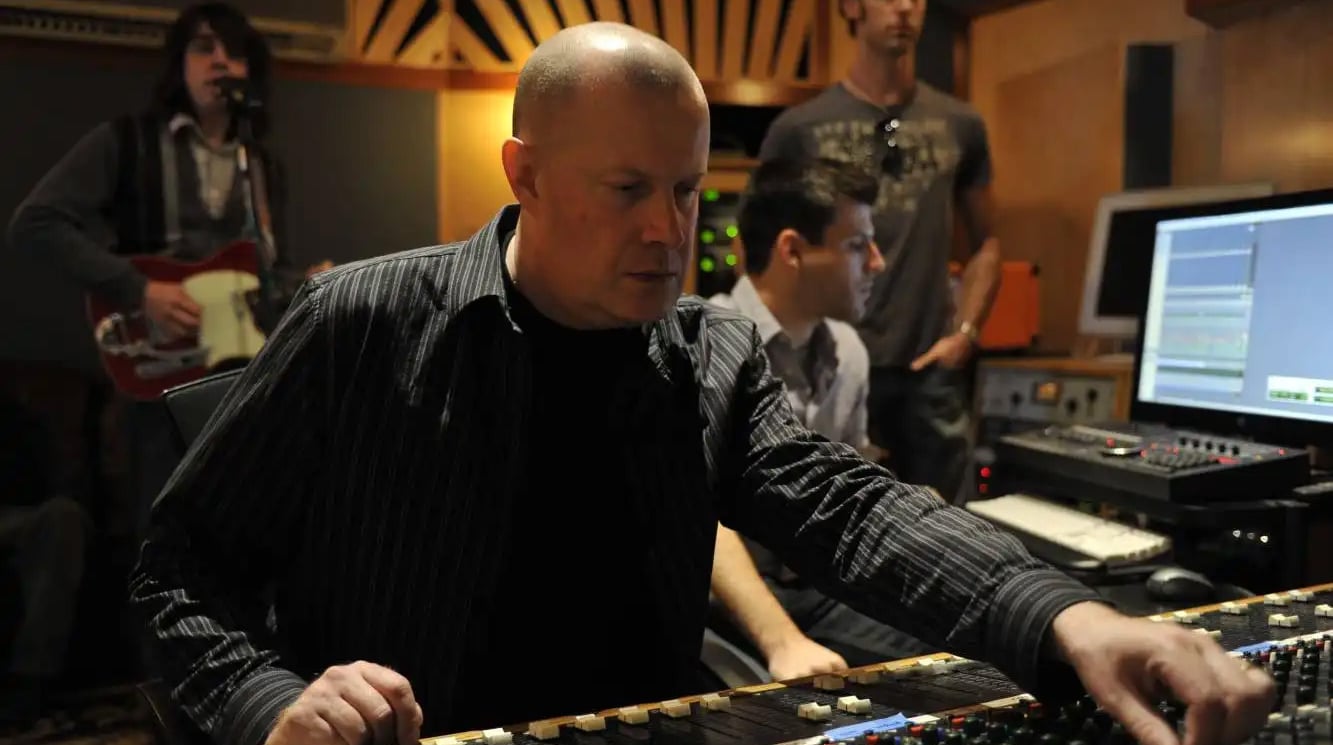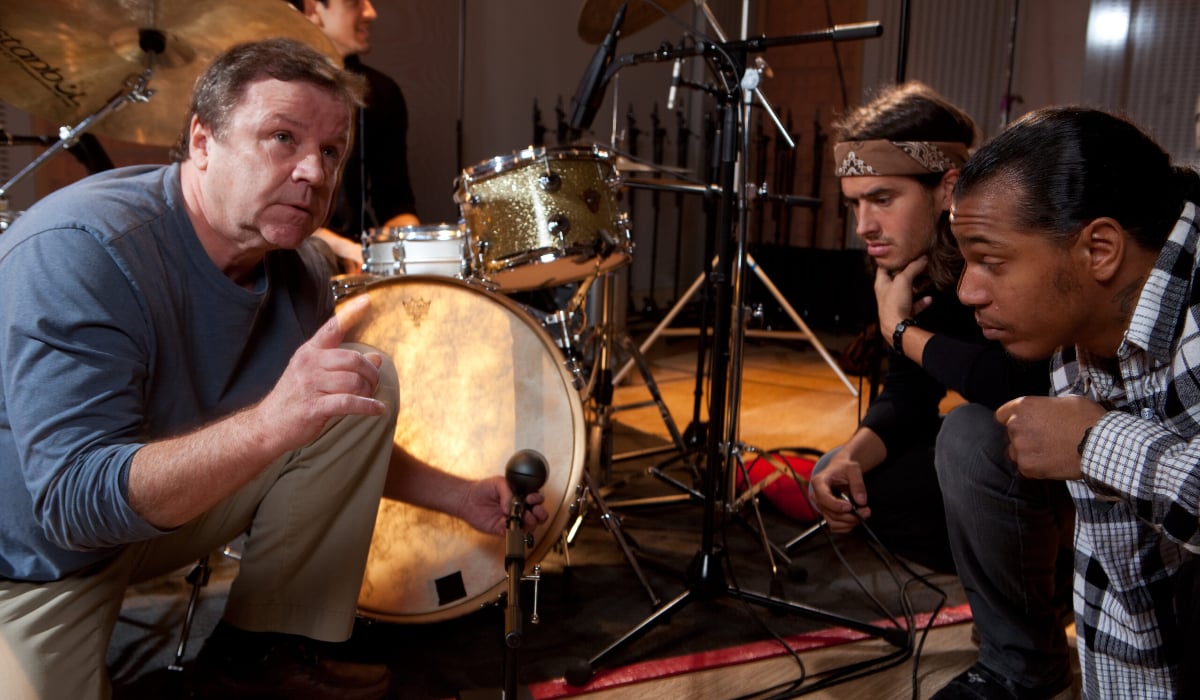What is a music recording professional
A music recording professional, often referred to as a recording engineer or audio engineer, is someone who specializes in the technical aspects of capturing and manipulating sound during the recording process. They are responsible for ensuring the highest quality recording of music or audio content.
These engineers work in recording studios or live venues and use a variety of audio equipment, including microphones, mixing consoles, digital audio workstations (DAWs), signal processing tools, and more. They understand the principles of sound acoustics, microphone placement, and signal flow, which allows them to capture and reproduce sound accurately.
There’s also an interpersonal aspect to the job as music recording professionals work closely with musicians, producers, and other members of the creative team to achieve the desired sound and artistic vision. They need to be excellent communicators to get the best out of their clients.
In addition to setting up microphones, adjusting levels, recording multiple tracks, editing, mixing, and applying effects or enhancements to the recorded audio, they also have an ear for music as they say. This enables them to make informed decisions during the recording and post-production processes to achieve the desired sound.

What does a music recording professional do
Also known as a recording engineer or audio engineer, music recording professionals perform a wide range of tasks related to the recording, editing, mixing, and mastering of music or audio content. This involves selecting and positioning microphones, connecting audio equipment, and ensuring the recording environment is optimized for capturing sound before the session.
They handle recording devices, mixing consoles, audio interfaces, and software applications to capture and store audio data. They control input levels, equalization, and effects during the recording process to get the right sound from the different inputs. Music recording professionals work closely with musicians, producers, and artists to ensure a smooth and productive session.
Using digital audio workstations (DAWs) to edit and manipulate recorded tracks. This includes tasks like trimming, splicing, aligning, and comping different takes to create a cohesive performance. They balance and blend individual tracks, adjust levels, apply equalization, dynamics processing, and spatial effects to create a well-balanced and polished mix.
Music recording pros also handle some post-production tasks, as well as mixing and mastering a track. It’s important to note that the specific tasks and responsibilities of a music recording professional may vary depending on the project, the size of the studio, and the role they play within the production team.
How do you become a music recording professional
Becoming a music recording professional requires a combination of education, experience, and passion for audio engineering. Just like any other profession, you need to know what you’re doing before you can truly become successful at it. Start by developing your musical knowledge and ear by learning to play an instrument, studying music theory, and listening critically to different genres.
Familiarize yourself with audio equipment and software commonly used in recording studios. Starting with digital audio workstations and working with different kinds of microphones, monitors, and headphones, and then move on to mixing boards, midi keyboards, and the rest of what you might find in a pro recording studio.
You’ll need to give yourself a solid understanding of recording techniques, signal processing, acoustics, and equipment operation and seek ways to get hands-on experience in recording studios, live sound environments, or music production projects. Record and mix your own music or collaborate with others to build a portfolio showcasing your skills.
The Recording Connection audio engineering and music production courses will give you all of the above–and more–in six to nine months. We put you in the middle of a real-world recording studio and pair you with an industry insider as your mentor. You’ll learn music theory, how to set up a studio, the best ways to work with a client, and post-production. All for a fraction of the price of a four-year university or trade school.









